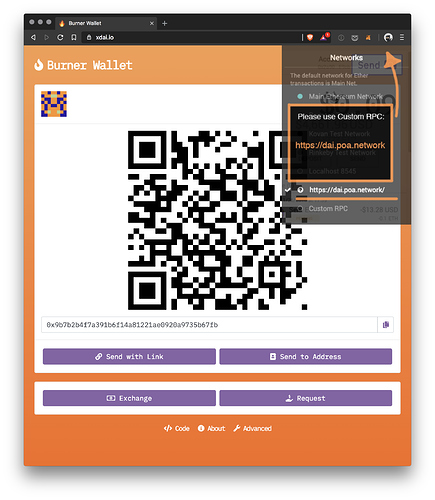yes if feels a bit duplicated - and usually I am preaching for DRY - but in this case I see it a bit different.
The difference between eth_accounts and wallet_requestAccounts is that eth_account returns all accounts and I see wallet_requestAccounts as the possibility to incrementally expose accounts to a dapp (user chooses which accounts are exposed to a dapp). As far as I understand eth_accounts it is always returning all accounts from a client.
with eth_sendTransaction the problem is a bit more complex. The main problem is that there is no real versioning of the JSON RPC interface. So adding a parameter is really messy. Also I think a wallet should not really send the transaction - this is responsibility of the dApp. The wallet should just sign the transaction and return the signature. Think e.g. about offline signing use cases.
So long story short - I would still signal for adding these methods to the wallet_ namespace and keep the eth_ methods untouched. There can be a translation layer in between that translates eth_sendTransaction to wallet_signTransaction for the migration phase.
Also as a learning from the past we should really add versioning - so I signal the need for wallet_rpcversion - returning a semver string which in the first iteration could be “1.0.0”


 ), clearly a pain you’re hitting as a dapp dev, and that’s the gold of our developer experience, so I’m really eager to add this.
), clearly a pain you’re hitting as a dapp dev, and that’s the gold of our developer experience, so I’m really eager to add this.